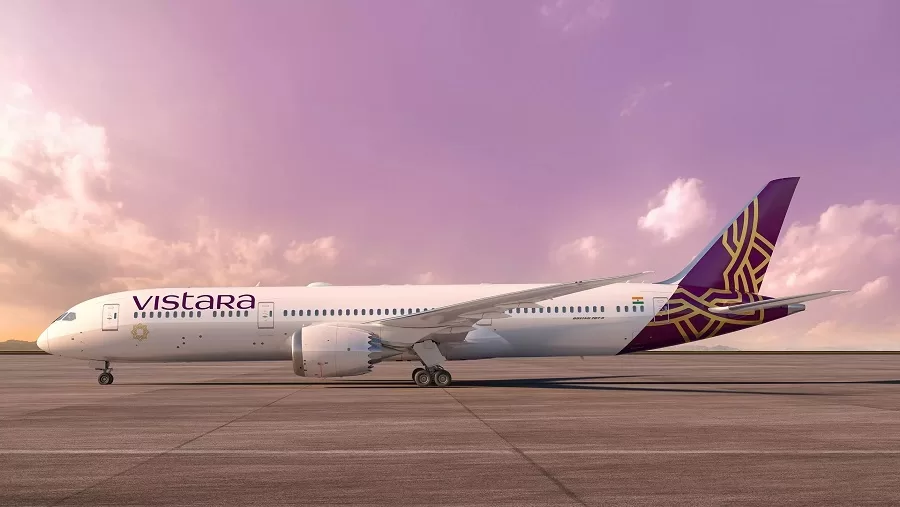Travel
Vistara Bids Farewell: India’s Luxury Airline Takes Its Final Flight

- Vistara, owned by Tata, will run its final flight on November 12, when it will fully merge with Air India to streamline operations under a single brand.
- The merger intends to reduce costs and increase competition, although questions persist regarding Vistara’s premium service standards.
- The united firm, which will continue to operate under the name Air India, is part of Tata’s overall ambition to compete with market leader IndiGo in India’s booming aviation sector.
The Indian aviation industry is bracing for a dramatic transition as Vistara, a premium full-service airline famed for its high service standards and in-flight experience, completes its final trip on Monday following a successful nine-year run. Vistara, founded as a joint venture between Tata Sons and Singapore Airlines, has established a strong reputation, gaining a dedicated customer base with its distinctive service offerings. However, Tata Group’s acquisition of Air India in 2021 has paved the way for Vistara’s integration with Air India, to build a unified and expanding airline network under a single, consolidated name.
This merger represents a significant operational shift, with all Vistara services, including ticketing and loyalty programs, moving under Air India’s umbrella. While Tata has pledged to maintain Vistara’s service quality, industry experts and regular passengers have raised concerns. Vistara’s immaculate reputation for food quality, service standards, and cabin comfort contrasts sharply with Air India’s present concerns, which include customer service complaints, delays, and maintenance challenges. Vistara’s devoted followers bemoan the loss of what many have dubbed the “gold standard” of Indian aviation.
From a financial standpoint, the consolidation tries to reduce losses and operational overlap. However, aviation specialists say that such mergers should improve an airline’s capabilities rather than simply reduce its financial inadequacies. For Air India, this integration adds complexity, including aligning its worker culture with Vistara’s agile service mindset, which is a difficult task given Air India’s more bureaucratic structure.
United Airlines will have roughly 300 aircraft, creating a formidable competitor to market leader IndiGo. Tata’s investment in upgrading Air India’s aircraft and modernising its brand underlines a desire to establish the airline as India’s top full-service carrier. However, it remains to be seen whether Air India can match Vistara’s premium standards while also attracting Vistara’s devoted customer base.
For many, the end of Vistara is more than just a brand departure; it is a loss of service quality that will leave a significant gap in India’s aviation landscape, reminiscent of the departures of legendary airlines like Kingfisher and Jet Airways. As the industry watches this historic merger unfold, Tata and Air India must exceed high expectations and reimagine India’s air travel experience for the new century.

















































